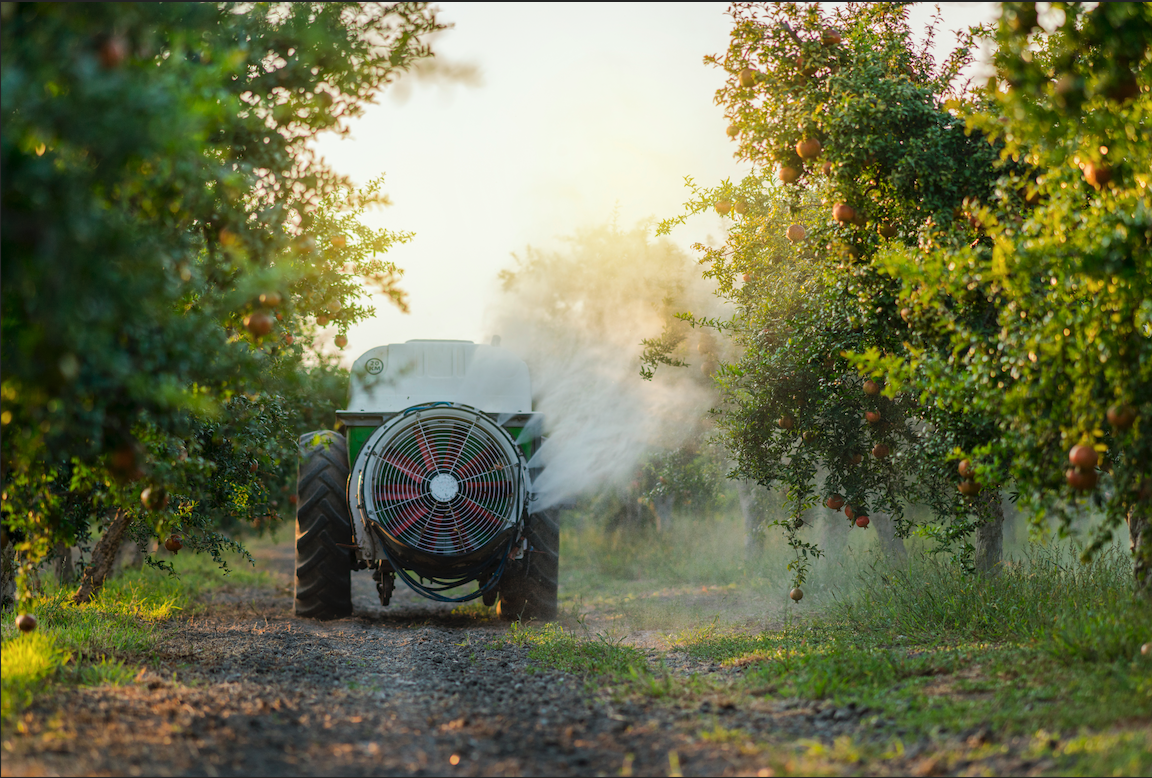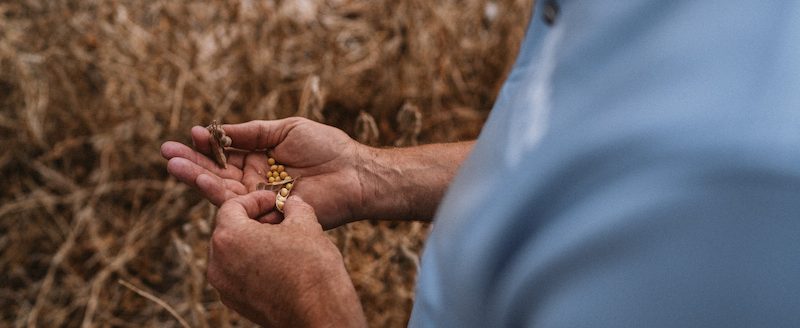Turning to nature to boost disease control

Growers and agribusinesses face pressures of sustainable farming, regulatory policies and more. As the industry collectively seeks ways to advance the effectiveness of pest-control tools, enhance production, minimize environmental impact and maximize return, biologicals have emerged as a promising solution.
“Biologicals complement existing crop protection products by integrating living or naturally occurring substances in an integrated pest management program,” said Aurora, Colorado-based Wilbur-Ellis agronomist Brooks Craven. “They can also be paired with current farming practices as an enhancement to effectively protect plants from disease, insect pests and weeds.”
Biofungicides are a growing segment of the ag input industry. Many offer a unique mode of action, enhanced rotational resistance management and a zero-day preharvest interval to help growers protect their crop from disease with an eye toward prolonging the efficacy of all their fungicide choices.
“Biofungicides enhance conventional control methods when used in an IPM strategy by offering a more holistic approach to maximize yield and minimize disease resistance,” Craven said. “Some biofungicides, for example, will stimulate the plant’s natural defense mechanisms to help strengthen the plant against future fungal attacks as a preventative.”
Other biological products can fight pests directly or colonize the roots of plants to act as a barrier against pests.
“Most importantly, biofungicides deliver the value and efficacy growers need in the field to make a difference on their bottom line,” Craven said. “As increasing environmental and chemical restrictions have resulted in the loss of many important chemistries, biologicals give growers more options to manage resistance against diseases and pests—at a reasonable cost.”
Biofungicides are naturally based microbial or biochemical products, meaning they have beneficial microorganisms as the active ingredient—usually bacteria or fungi found in root, soil and foliar environments. Biofungicides can induce resistance to a wide range of diseases in a variety of plants and can further support plant growth promotion and improve nutrient uptake.
Trained agronomists and certified crop advisers are armed with the data and expertise to demonstrate biological efficacy and to support growers with implementation.
As growers develop their crop protection programs for this season, the company encourages them to consider including a biofungicide alongside traditional fungicides for effective disease control.
For more information, see a dealer or visit www.WilburEllis.com.



